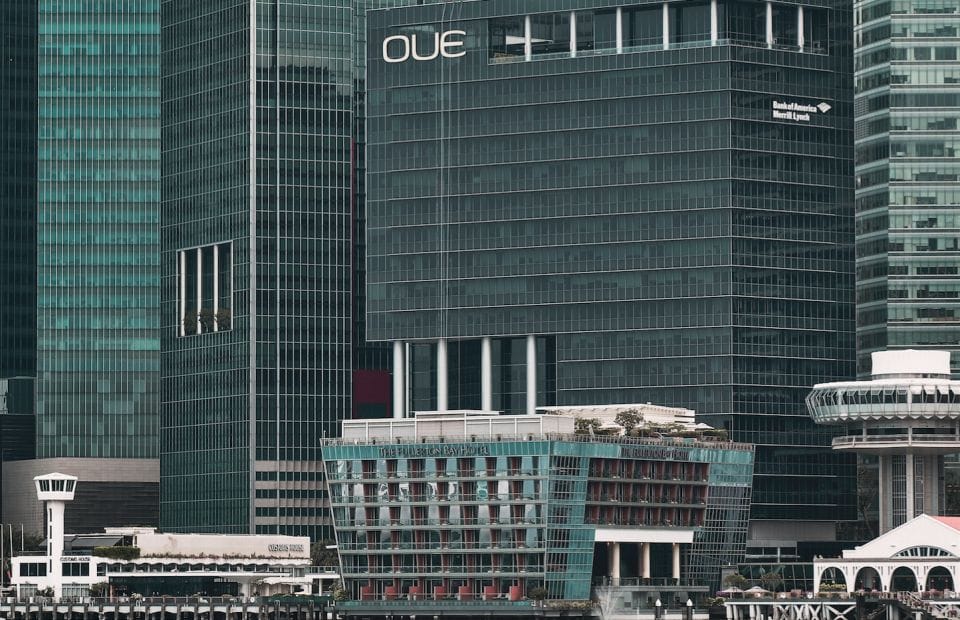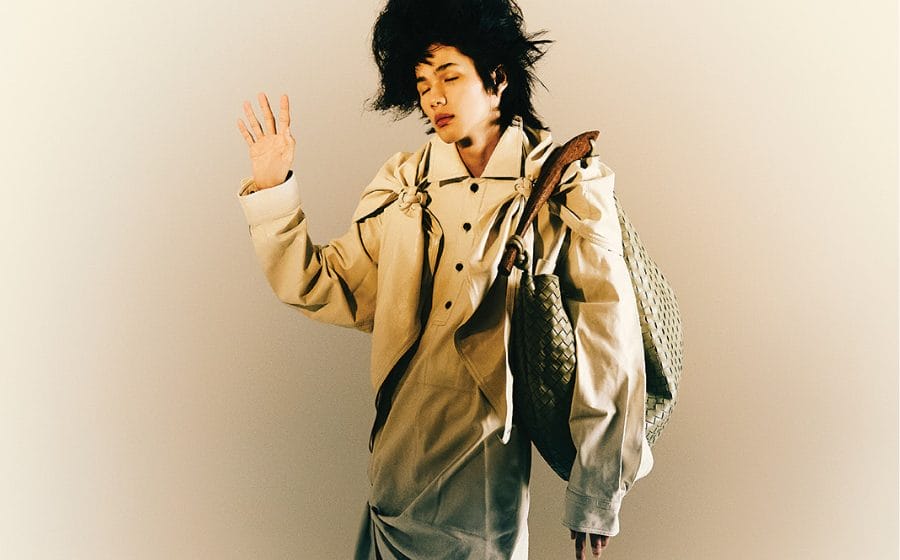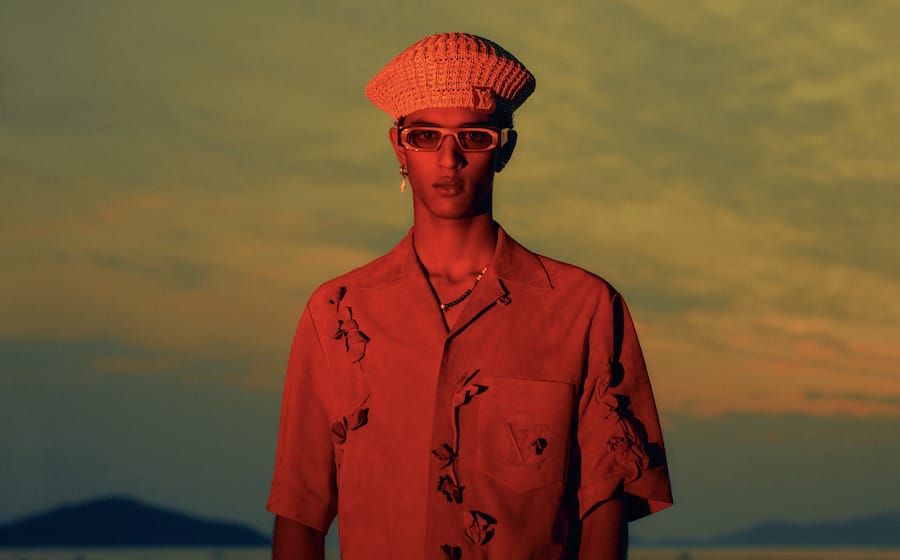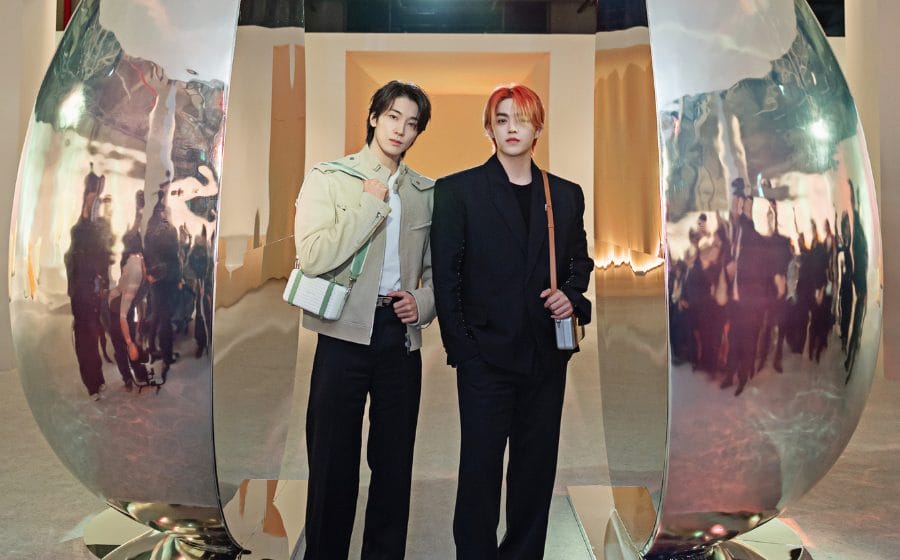
What will shopping look like on the other side of the pandemic? With no end in sight to the coronavirus outbreak yet, such a gigantic question seems near impossible to answer.
Nevertheless, we asked three cult stores to give us some food for thought on what they think the post-virus state of retail will be, and what actions the fashion industry could take to mitigate this unprecedented crisis.
Read on to hear from Carla Sozzani, Franz and Daniela Kaler, and Beppe Angiolini.
—
View this post on Instagram
Carla Sozzani, 10 Corso Comi Milan
How will retail change after the pandemic?
We are all going through an extremely difficult moment in history. Our approach must be to change the system completely, and to think of a more conscientious future rooted in the idea of quality over quantity.
We should go back to the way collections used to be presented — twice a year — which would allow for greater innovation. We should also realign the collections to suit the seasons, and not sell summer in the winter or winter in the summer, so we can slow down and really appreciate what life has to offer.
What are the intervention measures required from institutions?
Focusing on “slow fashion” could reshape the industry into a better one, where an authentic final product is rewarded.
Will slow fashion be key?
Everything is moving too fast. Social media is undoubtedly an astonishing invention, but it also takes up too much of our time. So I think that slow fashion could be a vital part of the system, as could sustainability.
I believe 10 Corso Como is proof of this. People can spend hours in our store: visiting the gallery, doing some reading in the bookstore, having a bite to eat in the restaurant, then finishing with a round of shopping. Time is a luxury nowadays, but we must still have the chance to choose.
—
View this post on Instagram
Daniela Kraler, together with her husband Franz and her son Alexander, runs the most important multi-label stores in the Dolomites (their stores are the go-to for fashion addicts from Cortina to Dobbiaco and beyond).
How will retail change after the pandemic?
It would be right to rethink fashion with a slower and more humane rhythm. Regardless of what may happen after the coronavirus, I would say that there are far too many collections being presented on the market.
Luxury cannot and must not be fast, because luxury requires time to be achieved and appreciated. I very much agree with Giorgio Armani, who said that “this crisis is an opportunity to restore value to authenticity”. Enough with fashion as “pure communication”, enough with collections that have “weak ideas” but “entertain with sumptuous shows”.
Indeed, “special events should be held for special occasions, and not as a routine”.
How has the virus impacted your business?
Being located in a tourist resort, we have been very badly affected by the lockdown. We sell the Spring/Summer 2020 collections until after Easter, but now the lockdown has been extended until 3 May.
Taking into account that the first deliveries of winter garments arrive at the end of May or beginning of June, the in-store surplus of SS2020 items could reach up to 55%. We will most likely have to sell the remaining pieces at a discount, but the drop in turnover will greatly affect our gross operating revenue for the first half of 2020.
How do you think fashion will evolve?
I would like to believe that fashion will become more ethical. We like to dress up and we will continue to do so, but we will also question ourselves over how much that will pollute the air and how many people will be exploited by doing that.
We must support independent brands, those that do not have their backs covered by large international groups, and that in recent years have carved out a niche for themselves because of their creativity and the quality of their products.
We can no longer ignore the importance of quality over quantity, now that the environment is asking us to be more mindful and to avoid unnecessary waste, especially after it has been brought to its knees by invisible but powerful enemies like the virus and fear.
—
View this post on Instagram
Beppe Angiolini, Honorary President of CBI (Camera Buyer Italia) and founder of Sugar (Arezzo).
How do you view our current scenario?
First of all, we must think about the common good, represented today by public health and the true affection of which we are still capable. Our thoughts also go out to those who fight on the front line — doctors, nurses, and healthcare workers — and to the sick, the elderly, and all those who have lost loved ones.
But thinking about the future, just yesterday (these days we spend a lot of time on the phone) I was talking to an old friend of mine who is now a high school teacher, and he taught me about the verb “kryno”, from which derives the word “crisis”, like the one we are all experiencing right now.
He added that this Greek verb also means “to choose”, to have an opportunity. So, a time of crisis can also be a time of opportunity.
How is the fashion industry reacting to the crisis?
I see very clearly the impending disaster of a prolonged pause for those who make and those who sell. Politics seem to have completely forgotten about the fashion sector, but I hope that there will be new measures to help this industry.
I am proud to belong to a world where, from big houses like Gucci, Prada, and Armani to small and medium enterprises, companies have converted their production lines to help make medical gowns and face masks for those in healthcare. Heroically, on the front line together.
This is a big test: “nobody saves himself”, as in the Pope’s beautiful prayer at Saint Peter’s [Basilica]. The sense of solidarity and responsibility has been strengthened in all of us — we are not a sum of individuals, but a community.
And in the pictures of our empty cities, we have rediscovered the beauty of our country, and so we have a greater desire to defend it. The same goes for the environment.
What will retail look like after the pandemic?
I believe that shops will become places where people can meet — not just for clients and customers, but where people can learn about respect for objects that tell stories and for the people behind those stories. Not too long ago, Anna Wintour stressed that clothes must be chosen, loved, preserved, and then handed down.
Having said that, will it matter if we showcase two collections a season? Maybe in the future, much less. These less adrenaline-filled days have forced us to reflect.
I believe that those who produce, sell, or buy have this in common: respect, responsibility, intellectual honesty, and professionalism. Words that are no longer fashionable, but FASHION.
This story first appeared on https://www.lofficielsingapore.com/.








